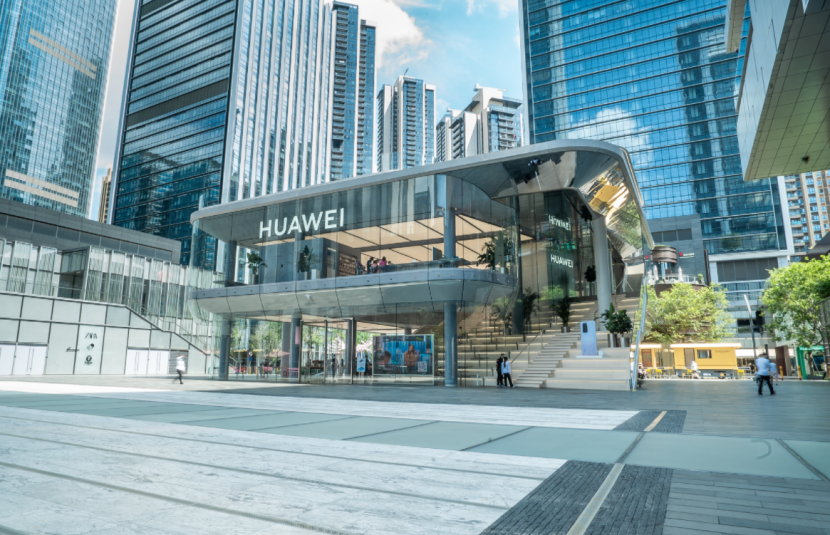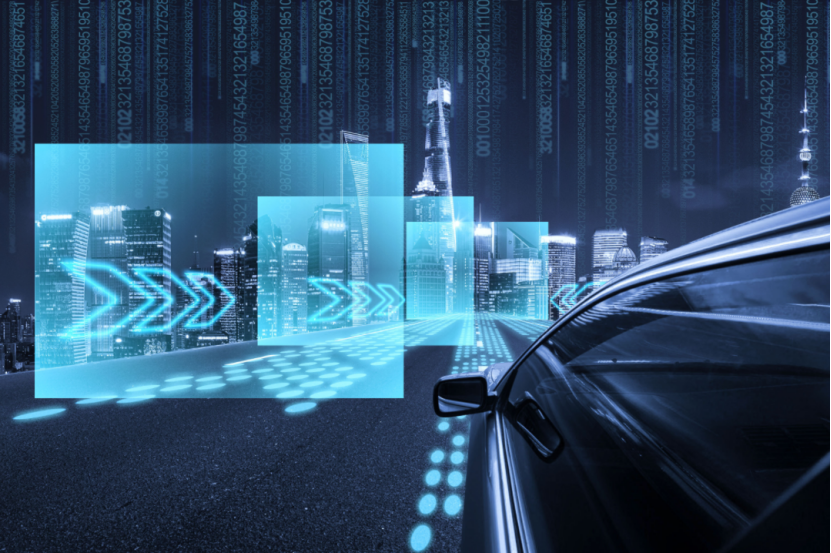
With the rapid advancement of technology, the automotive industry is shifting from traditional fuel vehicles to new energy vehicles and evolving into intelligent mobile terminals. In this transformation, Huawei, leveraging its strong capabilities in communications, chips, and artificial intelligence, has entered the automotive sector.
In recent years, many state-owned automakers have shifted from initially waiting and seeing or rejecting Huawei to actively cooperating with them. Following Seres, BAIC, Chery, and JAC, traditional automakers like Changan, GAC, and SAIC have promoted in-depth cooperation projects with Huawei since the second half of last year. Private enterprises such as BYD and Great Wall, along with multinational luxury brands like Audi, have also started collaborating with Huawei. This raises concerns: will this wave of cooperation threaten automakers' control over core technologies?
From “query” to “cooperation”
When Huawei first entered the automotive industry, traditional state-owned automakers had concerns. They believed that despite Huawei's advanced ICT technologies from the communications field, it would struggle to establish itself in the complex automobile manufacturing sector.
Chen Hong, former chairman of SAIC Motor, expressed that SAIC would not hand over its "soul" to Huawei, reflecting traditional automakers' concerns about Huawei's entry into the industry. Recently, however, state-owned automakers have shifted from skepticism to actively embracing cooperation with Huawei.
In November 2023, Changan Automobile signed the "Memorandum of Investment Cooperation" with Huawei, acquiring equity in Huawei's new intelligent vehicle solutions company. In early 2024, Dongfeng Motor Group's subsidiaries Voyah and M-Hero announced strategic partnerships with Huawei. SAIC Motor has been rumored to be preparing for cooperation with Huawei since mid-2023. Previously, state-owned automakers like BAIC, Chery, and JAC had already partnered with Huawei.

Huawei's significant achievements in automotive technology, particularly in intelligent driving, cockpits, and vehicle networking, drive the transformation. These advancements have been market-proven, as seen in the immediate success of the AITO M5 and M7, co-developed with Seres.
The market environment changes have significantly influenced state-owned auto enterprises' attitudes. As the global automotive industry accelerates its shift to new energy and intelligence, these enterprises face unprecedented competitive pressure. Tesla and BYD, with advanced battery technology and efficient production models, have rapidly gained significant market share. Meanwhile, new car makers like NIO, XPeng, and Li Auto, leveraging innovative business models and intelligent technologies, have emerged, posing substantial challenges to traditional state-owned auto enterprises.
Is it helpful to cooperate with HUAWEI?
The new energy vehicle market is experiencing explosive growth and has become the focal point of the automotive industry. Data from the China Association of Automobile Manufacturers reveals that in 2024, new energy vehicle production and sales reached 12.888 million and 12.866 million units respectively, with year-on-year increases of 34.4% and 35.5%.
State-owned auto enterprises face intense market pressure. To secure a market position and achieve sustainable growth, they must accelerate transformation, upgrade operations, and enhance product competitiveness.
According to Professor Zhu Xichan from Tongji University's School of Automotive Studies, in the early stages of NOA's emergence, its performance will vary across car companies. Some firms may use OTA as a marketing tool to make empty promises. By 2025, NOA products with weak AI capabilities will be phased out. 2025 will be a decisive year for intelligent driving technology in China's automotive market, as it is the battleground for automakers' success in the smart era.
Cooperating with Huawei enables state-owned auto enterprises to enhance market competitiveness and overcome development challenges. By leveraging Huawei's advanced technologies, these enterprises can quickly improve the intelligence of their products, meet consumer demand for smart vehicles, and gain a competitive edge in the market.
In addition to boosting technical advantages and market competitiveness, Huawei can provide significant value to state-owned auto enterprises. As a globally recognized technology brand with high consumer awareness and a strong reputation, Huawei has achieved leadership in communications, 5G technology, and smartphones. This has built a large user base and a positive brand image. By partnering with Huawei, state-owned auto enterprises can leverage their brand influence to increase market attention and appeal for their products.


While the collaboration between state-owned auto enterprises and Huawei has brought many advantages, it has also introduced homogeneity issues. Many state-owned auto enterprises use Huawei's intelligent driving and cockpit solutions, leading to similar smart experiences in vehicle models. This weakens each brand's unique selling points and may reduce consumer brand loyalty. Consequently, brands must refocus on creating uniqueness to attract consumers.
From a technological development perspective, over-reliance on Huawei's system may hinder state-owned automakers' independent innovation. Continuous use of Huawei's mature technologies might reduce the enthusiasm of internal R&D teams, weakening their autonomy in technology development.
State-owned auto enterprises are collectively partnering with Huawei due to technical limitations, market competition, and Huawei's strengths. Despite debates about "soul" and "survival," this collaboration does not mean state-owned auto enterprises are abandoning their core values. The intelligent vehicle industry requires collaborative efforts from all stakeholders in the supply chain. In the context of rapid global auto industry transformation, this partnership is both a practical response to current challenges and a strategic move for future development.

 Room 1104,Block B,JingBan Building,6 Middle Beisanhuan Road,Xicheng District,Beijing
Room 1104,Block B,JingBan Building,6 Middle Beisanhuan Road,Xicheng District,Beijing
 (8610)62383600
(8610)62383600
 quanqixiang@carresearch.cn
quanqixiang@carresearch.cn
 京公网安备:11010202007638号|京ICP备17032593号-2|Report illegal and bad information:010-65993545-8019 jubao@carresearch.com
京公网安备:11010202007638号|京ICP备17032593号-2|Report illegal and bad information:010-65993545-8019 jubao@carresearch.com
Legal support:Beijing Yingke Law Firm|All rights reserved, DO NOT reproduce without permission